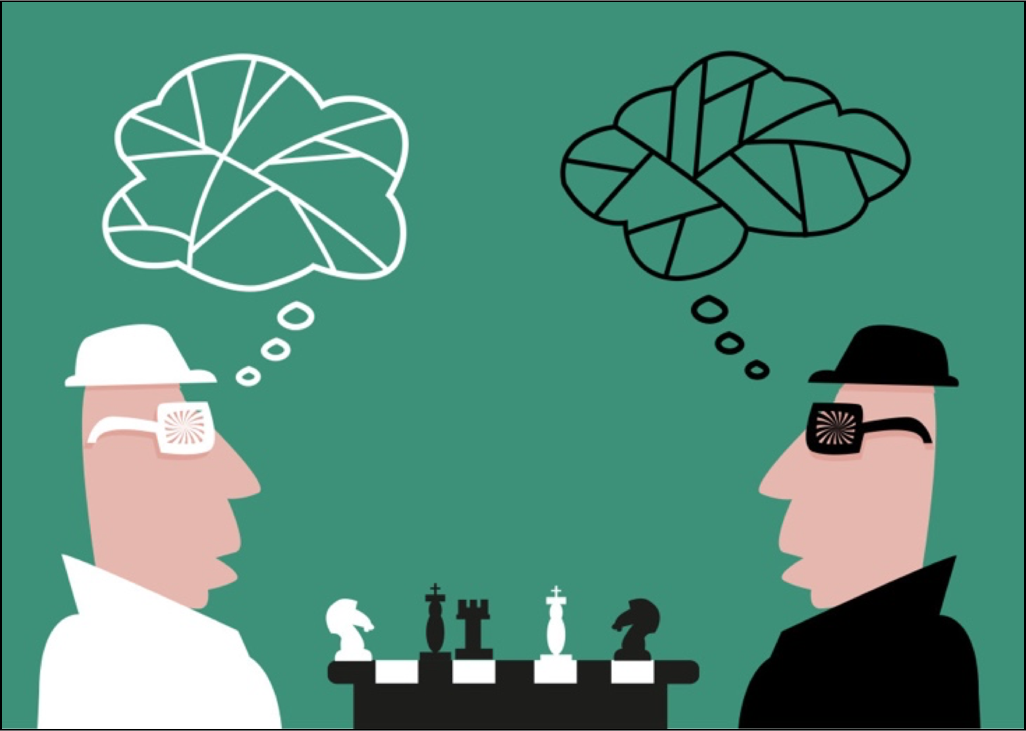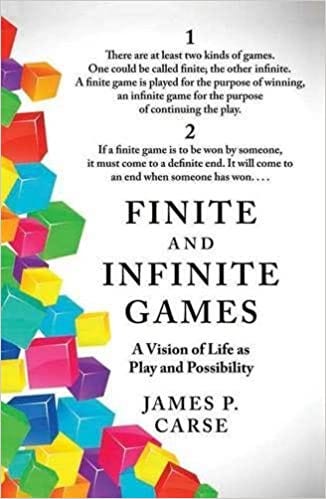Games and Simulations as Models
Plus stagnation and Thiel, and "CodeBERT"
Game theory and better decision-making

The reinforcement learning research community is concerned with building agents who make decisions as well as humans. My approach to this problem is thinking about human mental models for decision-making. Farnam Street wrote this week about the prisoner’s dilemma and how to think of life as an iterative game changes how you play.
Positioning yourself for the future carries more weight than “winning” in the moment.
Prisoner’s Dilemma: What Game Are you Playing? - Farnam Street
I’m a fan in general of game theory-flavored philosophies of life. Jame Carse’s book Finite and Infinite Games was a joy to read (though sometimes the logic is squishy).

Decadence, stagnation, and Thiel
Peter Thiel’s review of Ross Douthat Avid The Decadent Society:
How We Became the Victims of Our Own Success articulates Thiel’s criticism of modern culture and how it has prevented us from developing flux capacitors. I find him incoherent. However, I appreciate this kind of systems-level thinking about society in asking why progress feels like it has stagnated.
How We Became the Victims of Our Own Success - First Things
Transformer networks for programming code search and documentation
Microsoft Research published a paper proposing CodeBERT, a new model that uses natural language for programming language code search and documentation.
Imagine writing a program that captured all the rules of grammatical syntax in a language, including all the exceptions and special cases. My intuition about transformer networks is that their primary practical utility is replacing such impossible-to-create programs with a giant pile of statistical relationships derived by pushing a massive corpus through a tremendous amount of compute.
This particular application caught my attention because the application seems both useful and niche.
Feng, Zhangyin, et al. CodeBERT: A Pre-Trained Model for Programming and Natural Languages. arXiv:2002.08155
What I’m thinking about
Recently I’ve been thinking about the practicalities of using simulations as machine learning models. We already use simulations to predict what data will look like given initial conditions. The challenge is given actual data, inferring what initial conditions in a simulation might have generated such data.
To that end, I have been experimenting with AI-giant Peter Norvig’s simulation of wealth economics. I encourage you to forward this notebook on to any Python-savvy Bernie Sanders supporter you might know.
Economics Simulation - Peter Norvig’s Pytudes repository
